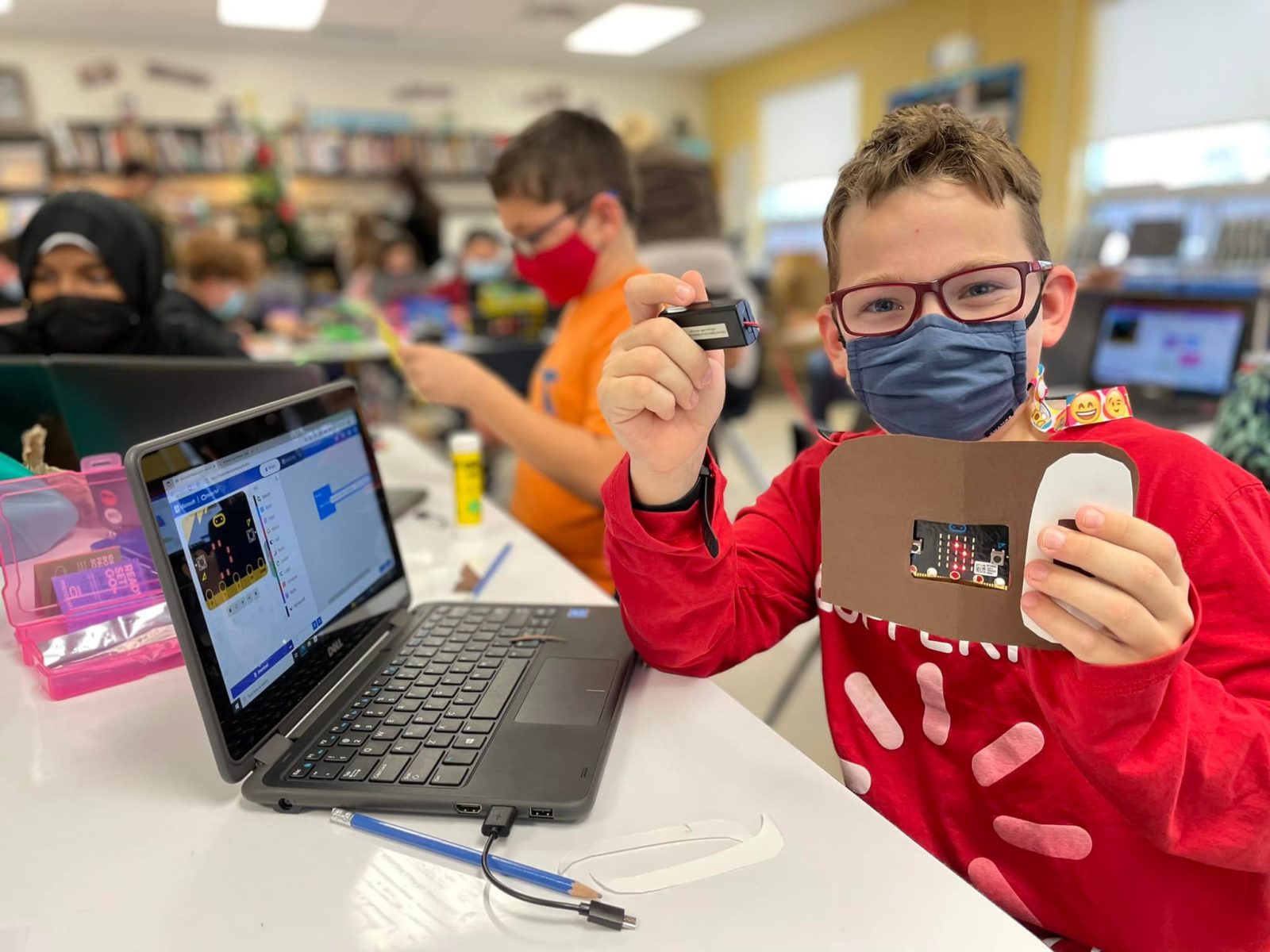School Board Progress Report and Graduation Rates
With the support of the Ministry of Education, Ontario’s school boards are making progress toward helping all students reach their greatest potential. Each year, the ministry reports on progress for each board using key indicators in the School Board Progress Report. This report includes important data which helps guide improvement plans and overall board planning.
CDSBEO Student Success initiatives have a significant impact on graduation rates. Superintendent of School Effectiveness Tracy O’Brien, and Principal of Curriculum Brenda Reil, presented information on the key areas of the Board’s progress report, and reviewed some of the successful practices and programs which are implemented to meet the diverse learning needs of students.
“Despite the pandemic and the learning challenges it presented, our student achievement levels continue to thrive. Each year, the ministry reports on school board progress across key indicators. The indicators are found through EQAO testing results, grade 10 literacy test results, as well as through credit accumulation data for secondary students and four and five-year graduation rates,” began Superintendent O’Brien.
“The Board is pleased to share that we have experienced an increase in both our four and five-year graduation rates in the 2020-2021 school year, with 89.1% of our students graduating after four years and 91.4% graduating after five years. Additionally, CDSBEO graduation rates are higher than provincial rates which are reported at 84.2 per cent (four-year), and 90 per cent (five-year).”
Despite a curriculum change in math during the pandemic, CDSBEO educators worked very hard to keep students engaged while confronted with longer remote learning periods.
“Our students at the elementary level are provided with essential differentiated supports around math learning in consideration of the various needs within classrooms,” noted Principal Reil.
Student success in secondary schools is built on several layers of support. Student Success teams meet regularly to identify students who may be at-risk for credit accumulation, and these meetings and follow-up action plans explore various options to support learners through strategic timetabling, credit rescue and recovery and pathways counselling. Specialized secondary programs provide students with cooperative education opportunities and apprenticeship pathways, while supporting credit accumulation.
“During the first semester of the 2022-2023 school year, we had 45 per cent of our co-op students in skilled trade placements, and 32 students registered as apprentices through the Ontario Youth Apprenticeship Program studying in Welding, Carpentry, Millwright, Plumbing, Meat Cutting and Commercial Vehicle Tech,” explained Superintendent O’Brien.
“This has been an outstanding presentation, and certainly these results are a testament to the dedication of our staff and the commitment of our students,” concluded Chair Wilson.
Graduation rates for the 2021-2022 school year will be available to Ontario school boards in March.
Computer Education Science Week
The CDSBEO’s Computer Science Education Week, which was held from December 5 through 12, highlighted the impact that computer science is everywhere in various industries, career paths and in our everyday lives. Coding is a computational literacy or a way of thinking that’s used today in a variety of settings. Recent curricular changes are making coding much more accessible for both educators and students. As technology continues to be integrated into our everyday lives, it is important to empower students to be content creators rather than just content consumers.
Principal of Curriculum Brenda Reil, and Technology Enabled Learning Consultant Chris Stewart, presented an overview of this year’s Computer Science Education Week to Trustees. Two themes were adopted which set the foundation for the planning of Computer Science Week in schools: #CSEverywhere and #LetsCodeCDSBEO. Schools used these hashtags to showcase classroom activities throughout the week on social media channels.
Computer Science Education Week is an annual call to action to inspire K-12 students to learn computer science, advocate for equity, and celebrate the contributions of students, teachers, and partners.
“Our messaging has included encouragement for teachers to try coding with their colleagues and students throughout the year. Our consulting team is also always available to provide just-in-time and just-right supports for educators, meeting them where they are at in their learning to code journey,” explained Stewart.
Through professional development opportunities, CDSBEO educators have engaged in ministry-directed professional learning around the topic of STEM Education (Science, Technology, Engineering, and Mathematics).
“From this PA Day, we were able to collect some teacher data on their experiences with coding, the various coding technologies they’ve been using and would like to use, as well as data on the supports they’d like to receive,” noted Principal Reil.
Each day of the Computer Science Education Week campaign was devoted to supporting schools, teachers and students, with themes developed for each day of the week to help provide a focus for learning and discussion. Board consultants worked to provide resources and leadership around district-wide initiatives, including PA Days, as well as offer school-based and in-class supports which included demonstrations of high-impact practices/modeling lessons, collaboration (lesson planning, co-teaching, resource development), and technical support.
Moving forward, the Curriculum Department has developed an inventory of existing coding and robotics equipment which is available for schools to borrow, and additional technologies have also been purchased which will be added to the inventory list.
“I really appreciated this presentation as it provides us with insight into the creativity that’s being incorporated into student learning around coding,” noted Trustee Cummings.
“Many thanks on behalf of the Board of Trustees, to all of the staff and consultants who have brought this initiative to our students,” concluded Chair Wilson.



